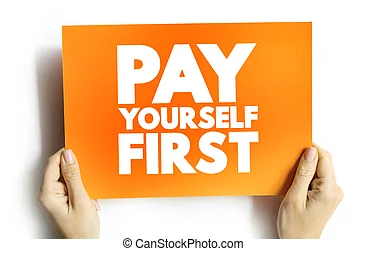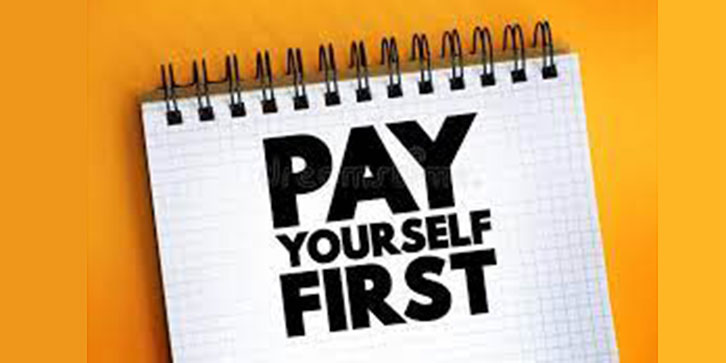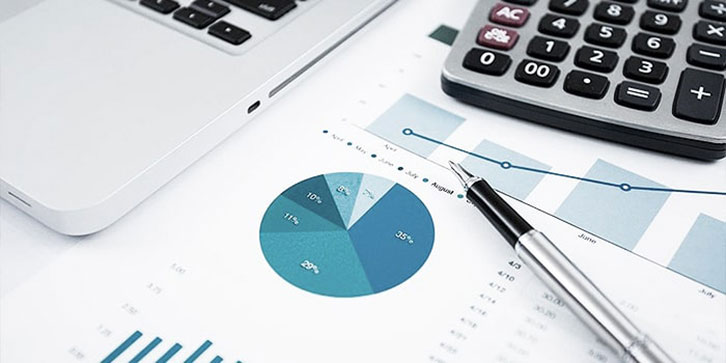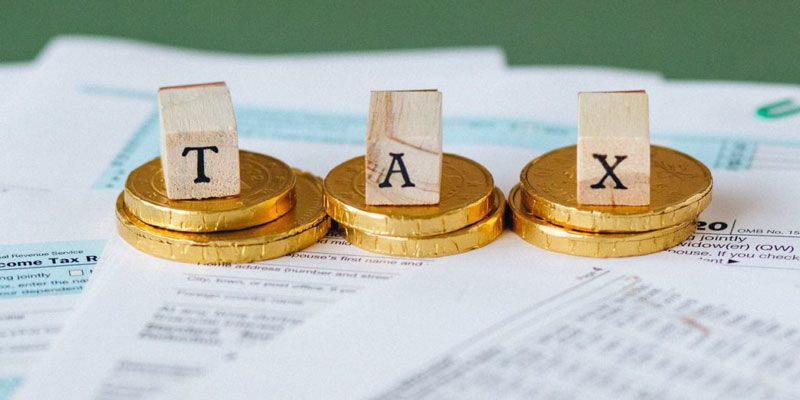Introduction
Why should I pay myself first? If you routinely put some of your paychecks into savings, you might be less tempted to spend the rest on frivolous purchases. This routine can teach you to save money regularly, serving you well in the face of high or unexpected costs. If you're having problems getting into the habit of paying yourself first, consider the following:
- Think about how much money you have and spend accordingly.
- Make a plan for how you want to handle your payments.
- It would help if you came up with a plan to save money.
How a Pay-Yourself-First Budget Works

"Pay yourself first" means immediately putting money away for your financial goals after receiving income. That way, your investment accounts, such as a 401(k), IRA, or savings account, will be the first to receive funds. After that, you can do whatever you want with the rest of your money. A pay-yourself-first budget is low-maintenance because it doesn't necessitate detailed expense recording. You're on the right track if you can save the money you set aside each month without additional fees or debt.
So, let's say your monthly income is $5,000, and you want to save money so you can. If you are 49 or younger, you can contribute up to $7,000 to your Roth IRA this year ($6,000 for those 50 and older). Put down $4,000 annually for a down payment on a home. Save up to $200 per month in case of an emergency. Put down $100 per month for your next getaway.
Why Is It Important to Pay Yourself First?
Think of this: you've decided to put every last cent you have toward reducing your mortgage balance as quickly as possible. A tree crashes through your roof on the very day you pay off your mortgage. If you have to use a credit card to cover the cost of repairs, you'll quickly find yourself back in debt, and it'll be high-interest debt. This is precisely why it's crucial to prioritize getting paid before everyone else. If something unforeseen happens, it won't matter if you're saving for a "good" objective or not.
They are paying themselves first as a safeguard against more than just unexpected expenses. Possibilities can also be found there. You'd be better off keeping the cash in your own hands. "You're getting 8% or 9%" on a savings account versus "that difference over a long period is a lot of money" in a growth-oriented fund. This is especially helpful for saving for retirement or other far-off financial goals. Also, saving now is essential because you will need those funds later in life. Once you retire, there's no more money coming in. And you'll have to rely only on the assets you've accumulated as a source of income.
Deal With Your Liabilities
Don't forget that you have obligations that must be met. If you have a mountain of debt from credit cards and personal loans, it's unrealistic to expect yourself to start saving regularly until you've dealt with that issue. Think about the interest you'll make on your savings each month and how much you'll be paying in interest on your debt each month. If the latter is more significant, the debt should be settled first. You must ensure that the interest on your debt is lower than the amount you put away each month.
Pros
Compared to other budgeting strategies, like zero-based budgeting, the pay-yourself-first approach requires less upkeep. It doesn't necessitate meticulous record-keeping or the labeling of every single purchase. Staying back and looking at the larger picture can also assist in curbing impulse buys. When people prioritize saving over spending, they are left with less disposable income and are more likely to put that money toward things they value. Putting yourself first on the payroll might be as easy as setting up an automated system. Prepare your 401(k) for pre-tax wage contributions. And set up automatic transfers from your checking to your savings or IRA using a mobile app or your bank's online banking platform.
Cons
It's not always prudent to put savings ahead of other financial objectives. Toxic debt, such as a high-interest credit card balance, should be paid off before other large purchases, such as a car or vacation. Podnos proposes writing off your debt payments as savings to deal with the problem.

Conclusion
The golden rule of personal finance is to pay yourself first. To achieve this goal, you need just set aside $50 to $100 from each paycheck and deposit it into a savings or retirement account. First, save the sum you've decided to keep, then pay bills and buy food with the rest of your money. But if you're already in over your head financially, you should think carefully before putting more money into savings than you owe. A higher rate of return on your savings could wipe out any money you manage to put away.




